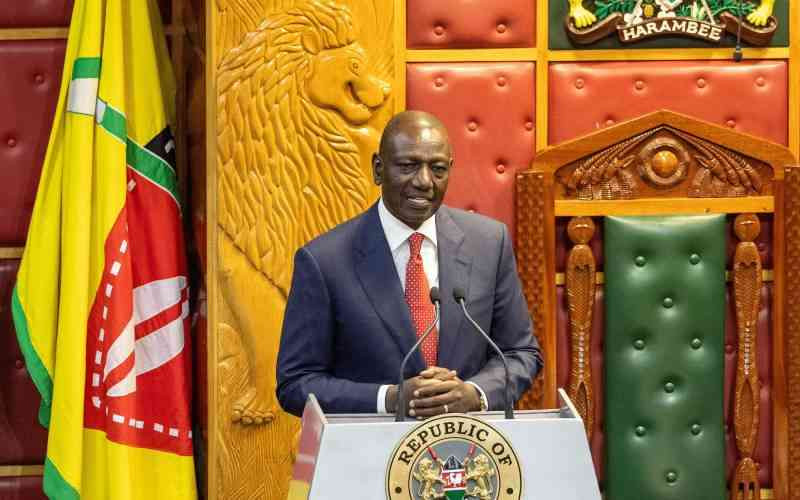×
The Standard e-Paper
Smart Minds Choose Us

The sycamore tree that Zacchaeus of the Bible climbed wasn't just any ordinary tree; it was strategically located on the route Jesus would take.
This set the stage for a transformative encounter that would change Zacchaeus's life. Similarly, the Kenya Kwanza government, led by President William Ruto, has selected a path of economic policies to guide Kenya from past economic struggles toward redemption.